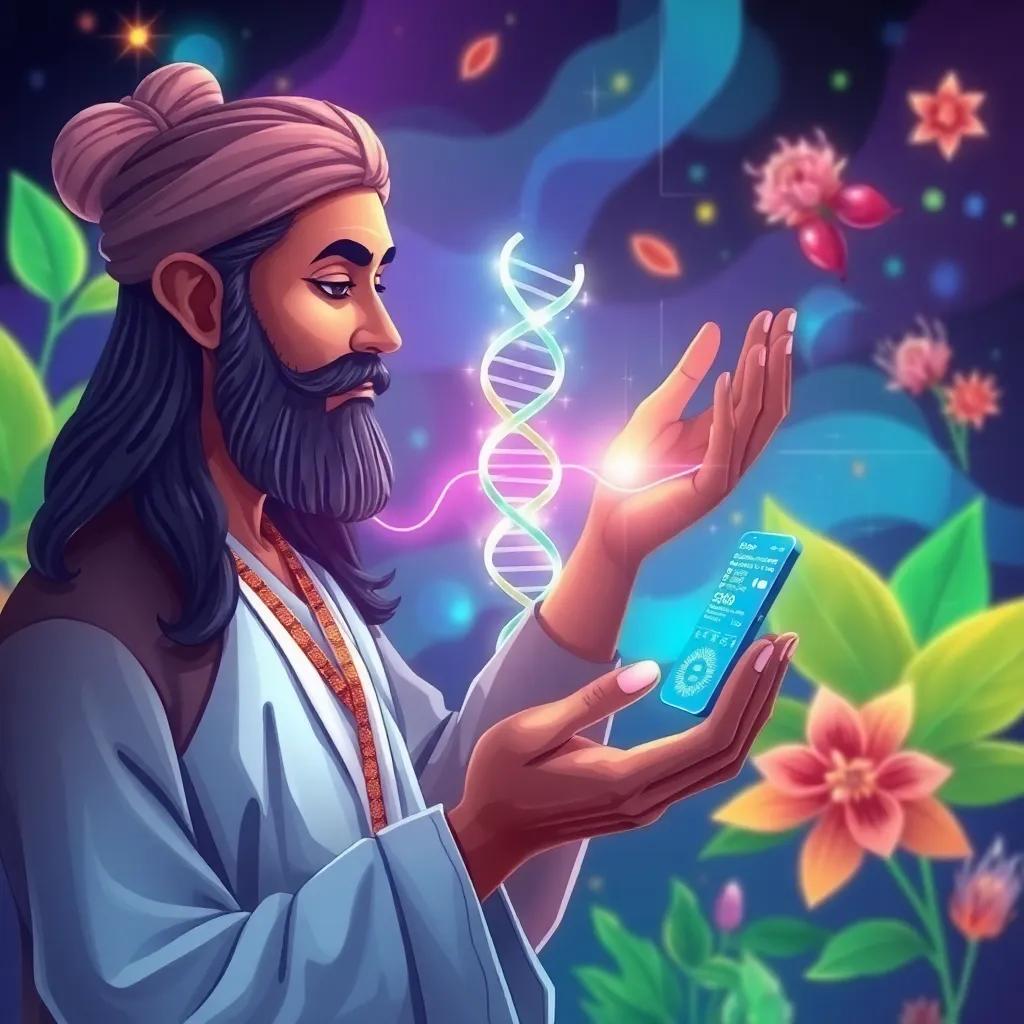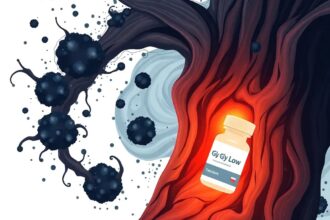Exploring how genetic testing and AI are personalizing Ayurvedic herb combinations for blood pressure control, backed by new clinical trials and efficacy data.
Emerging research validates ancient Ayurvedic herbs through modern clinical trials while revealing new risks and opportunities in personalized hypertension treatment.
The Renaissance of Ayurvedic Antihypertensives
Recent years have witnessed a paradigm shift in hypertension management, with a 2024 WHO report documenting a 30% global surge in demand for natural antihypertensives. This resurgence finds scientific validation in a Frontiers in Pharmacology
meta-analysis confirming Ashwagandha’s ability to reduce systolic BP by 5-10 mmHg through cortisol modulation pathways.
Clinical Breakthroughs in Herb Standardization
The Indian Council of Medical Research (ICMR) made headlines in February 2024 by initiating Phase III trials for standardized Arjuna (Terminalia arjuna) formulations. Dr. Rajesh Kotecha, Secretary of AYUSH Ministry, announced at the International Ayurveda Congress
that these trials will establish dosage protocols comparable to conventional cardioprotective drugs.
Mechanisms of Action: Ancient Wisdom Meets Modern Science
A March 2024 Journal of Ethnopharmacology
study demonstrated Brahmi (Bacopa monnieri) extracts improve endothelial function comparably to ACE inhibitors, with additional nootropic benefits. Key mechanisms include:
- Arjuna: Contains active compounds (arjunolic acid) that strengthen arterial elasticity
- Ashwagandha: Reduces stress-induced hypertension via HPA axis regulation
- Brahmi: Enhances nitric oxide production for vasodilation
The Rise of Precision Ayurveda
Kerala’s Ayurveda hospitals report 62% of hypertension patients now combine herbs with conventional medications (January 2024 state health data). Pioneering clinics are incorporating genetic testing to predict individual responses – a practice Dr. Manoj Nesari (Ayurveda advisor to MoHFW) calls the next evolution of personalized medicine.
Safety Considerations in Integrative Practice
The European Medicines Agency’s January 2024 guidance warns about potential interactions, particularly between Arjuna and blood thinners. Dr. Emma Baker (Mayo Clinic integrative cardiologist) notes: While generally safe, these herbs require the same pharmacovigilance as prescription drugs when used therapeutically.
Future Directions: AI-Enhanced Traditional Diagnostics
Research teams at AIIMS Delhi are validating AI-assisted Nadi Pariksha (pulse diagnosis) with hemodynamic monitoring. Early results show 82% correlation with ambulatory BP measurements, potentially creating a novel diagnostic bridge between traditional and modern medicine.




